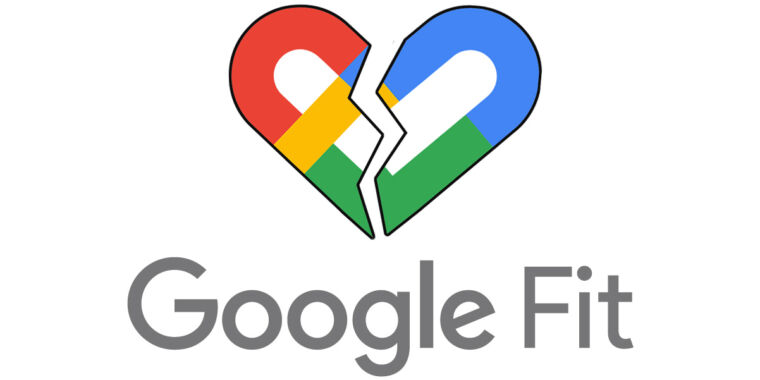Google Fit APIs Discontinued: An Overview
In recent developments, Google has made the decision to discontinue its Google Fit APIs. The primary purpose of this platform was to facilitate the synchronization of health data from various third-party fitness devices to users’ Google accounts. However, this service is now being phased out, with the deprecation process having commenced on May 1. New registrations for the API are no longer being accepted, and the official shutdown date is scheduled for June 30, 2025.
Historical Context and Evolution of Fitness APIs
First introduced in 2014, the Google Fit API entered the market shortly after Apple’s unveiling of Healthkit within iOS 8. Both Google Fit and Healthkit aimed to serve as central repositories for health-related information sourced from different applications and services. This integration sought to consolidate data metrics such as steps taken and weight measurements into a unified platform for user convenience. At its inception, Google Fit boasted an impressive array of high-profile partners, including Nike+, Adidas, Withings, Asus, HTC, Intel, LG, Runtastic, and RunKeeper.
In the current landscape of 2024, Google faces the challenge of supporting multiple fitness APIs simultaneously, leading to internal competition among its offerings. Presently, Google hosts three distinct fitness APIs: Health Connect, Fitbit Web API, and Google Fit REST API. To provide clarity on the distinctions between these frameworks, Google has published a detailed “Comparison Guide” accessible through the Android Developer website.
Transition to Health Connect and Product Realignment
Beyond discontinuing the Google Fit API, Google appears to be pivoting away from its legacy fitness solutions. Following the acquisition of Fitbit in 2021, Fitbit emerged as the preferred fitness brand within Google’s product portfolio. Recent Google devices, such as the Pixel Watch and Pixel phones, are preloaded with the Fitbit app instead of Google Fit. Notably, minimal updates have been made to the Google Fit application in recent times, signaling a shift in focus towards newer offerings.
Google’s replacement for the deprecated Google Fit API is Health Connect, which transitioned from a beta app on the Play Store to an integral part of Android 14. This integration involved embedding Health Connect as an open-source framework for health data storage within the operating system. While Health Connect’s functionality appears promising, its adoption and compatibility across devices might be hindered by the inherently slow update cycles associated with the Android ecosystem.
Privacy Features and Market Dynamics
One notable deviation of Health Connect from its predecessors lies in its absence of cloud synchronization capabilities. Unlike the Fitbit API and Google Fit API, which synchronized data to cloud services, Health Connect retains data locally on devices. By refraining from cloud storage, Google positions Health Connect as a neutral platform conducive to preserving user privacy. Furthermore, Google has deprecated its Health Platform API in collaboration with Samsung, underscoring the industry-wide shift towards local data storage solutions.
From an end-user perspective, the absence of cloud syncing raises concerns regarding data portability across devices and applications. While local synchronization remains feasible, accessing health data on alternative devices or platforms may pose challenges. As Google encourages the migration from existing APIs to Health Connect, users and manufacturers are advised to manage this transition effectively to minimize disruptions in data transfer.
Future Implications and Market Competition
Looking ahead, Google’s strategic realignment towards Health Connect marks a pivotal moment in the evolution of health data management. With Apple’s Healthkit ecosystem continuing to thrive, Google faces the imperative to rebuild user confidence and developer support in its new fitness API offerings. As the fitness technology landscape undergoes transformation, the industry’s trajectory underscores the importance of seamless data interoperability and user-centric design principles.
Image/Photo credit: source url





